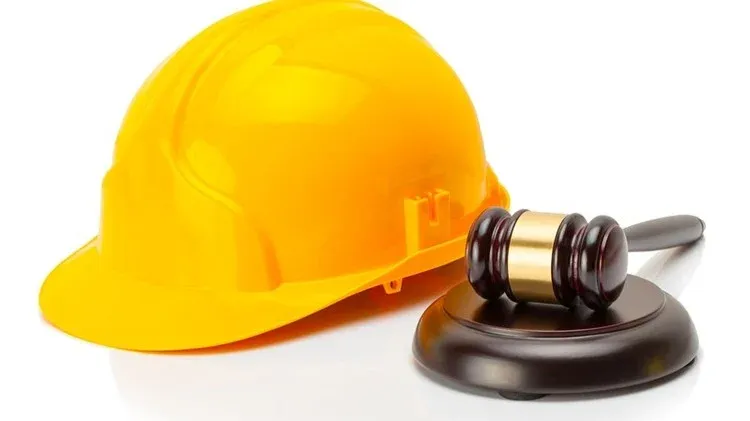The SCL Protocol (Society of Construction Law Delay and Disruption Protocol) and AACE 29R-03 (Forensic Schedule Analysis) are two major guidelines used for delay analysis and claims in construction projects. Here are their key differences:

1. Purpose and Scope
SCL Protocol (2022) Provides general guidance on delay and disruption analysis in construction projects. Focuses on dispute prevention and proactive delay management. Encourages prospective analysis (before the delay occurs).
AACE 29R-03 (2011) Offers a detailed and technical methodology for forensic delay analysis. Focuses on retrospective analysis, often used for claims and arbitration. Describes various analytical methods based on scheduling data.
2. Approach to Delay Analysis
SCL Protocol Favors the Time Impact Analysis (TIA) method in real-time. Recommends evaluating delay events as they occur. Emphasizes transparency and communication between stakeholders.
AACE 29R-03 Proposes multiple delay analysis methods (Additive, Subtractive, Observational, etc.). Defines 9 methodologies based on data availability and accuracy. More technical and rigorous, categorizing methods by precision and objectivity.
3. Treatment of Concurrent Delays
SCL Protocol Accepts that multiple delays may occur simultaneously. Recommends evaluating concurrent delays based on critical path and contract terms.
AACE 29R-03 Uses detailed analytical approaches for concurrent delays. Stresses the importance of historical data and critical path analysis.
4. Claims and Dispute Resolution
SCL Protocol More focused on dispute prevention. Recommends regular documentation of delay impacts. Emphasizes contractual principles for dispute resolution.
AACE 29R-03 More detailed and technical for forensic delay analysis. Often used in legal disputes, claims, and arbitration. Provides standard approaches to prove the impact of a delay.
5. Application in Project Management (Primavera P6, MS Project, etc.)
SCL Protocol Encourages frequent schedule updates. Compatible with Primavera P6 and other scheduling tools for real-time analysis.
AACE 29R-03 Works with Primavera P6 but requires advanced analytical methods. Mainly used for post-project forensic claims analysis.
Conclusion: Which One to Use?
For proactive delay management and dispute prevention: SCL Protocol.
For in-depth forensic delay analysis (claims and legal disputes): AACE 29R-03.
Both are complementary: SCL is more practical for avoiding disputes, while AACE 29R-03 is more technical and used for detailed forensic analysis when a claim is filed.
6 Rue des Tuileries, 95360 Montmagny
Mentions Légales
Politiques de confidentialités